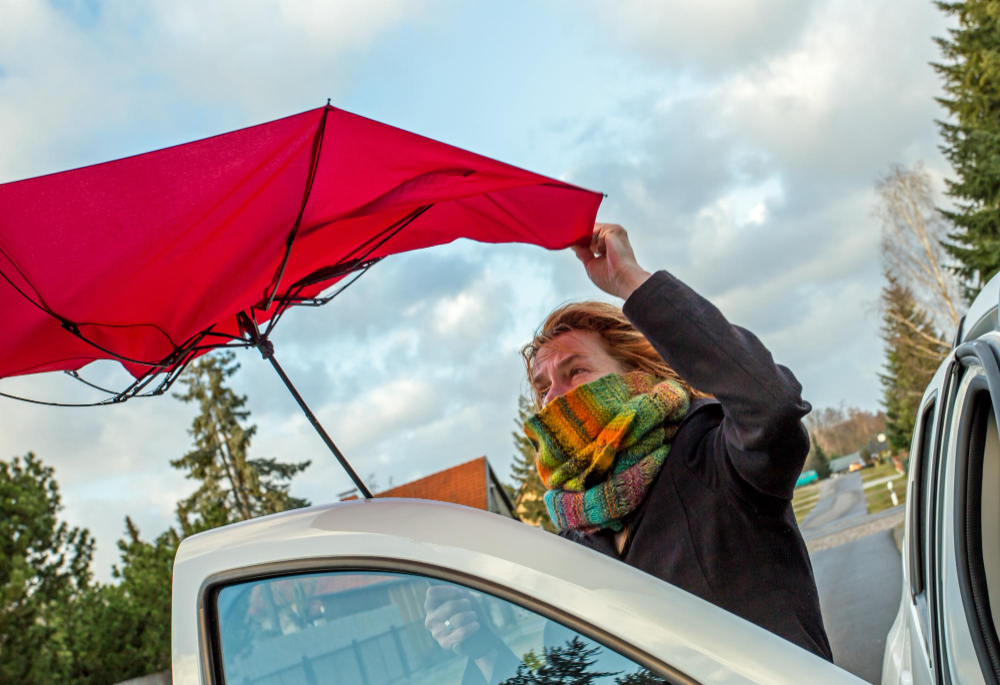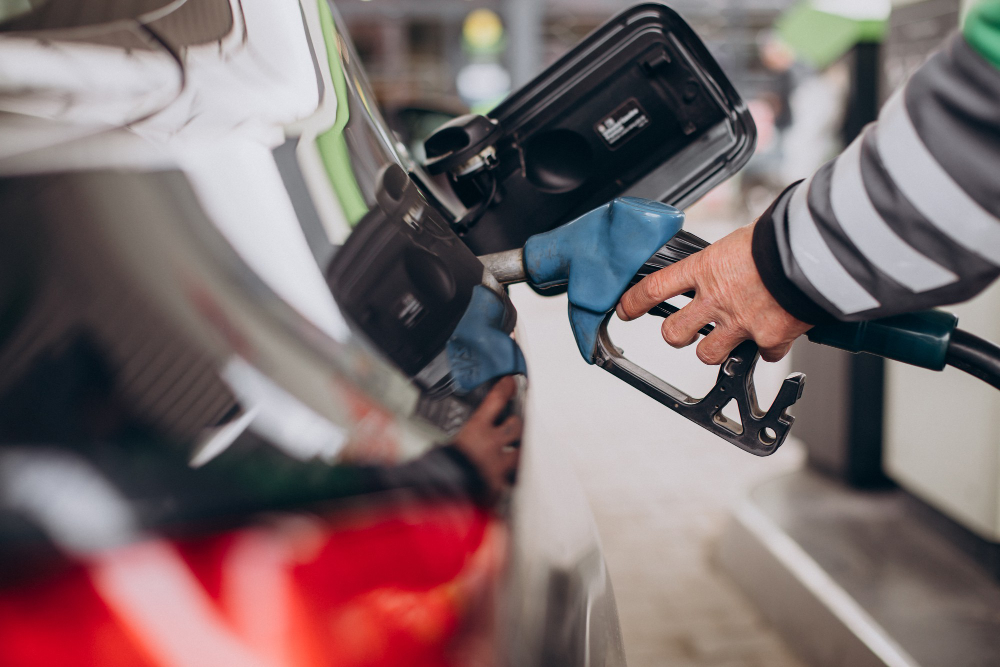Avoid common mistakes and keep your road trip safe, smooth, and enjoyable.

Road trips can be thrilling adventures, but one misstep can turn your dream journey into a nightmare. From unexpected breakdowns to safety risks, avoiding key mistakes is essential for a successful trip. With careful planning and smart decisions, you can sidestep disaster and ensure a smooth ride.
Whether you’re a seasoned traveler or a first-timer hitting the open road, these nine crucial tips will help you avoid pitfalls and make the most of your adventure.
1. Skipping a vehicle inspection increases the risk of breakdowns.

Before embarking on a road trip, a thorough vehicle inspection is essential to avoid unexpected breakdowns. Check tire pressure, fluid levels, and the condition of your brakes. Ensure your spare tire is inflated and that you have essential tools like a jack and jumper cables. A quick visit to a mechanic for a pre-trip check-up can catch issues early, saving you from costly repairs or being stranded. A well-maintained car is the foundation of a stress-free road trip.
2. Ignoring weather forecasts can put you in dangerous situations.

Failing to check the weather forecast before and during your trip can lead to hazardous conditions. Sudden storms, icy roads, or heatwaves can create dangerous driving scenarios. Use reliable weather apps to monitor conditions along your route and adjust your plans if necessary. Pack for unexpected changes, such as rain gear or extra water for hot climates. Staying informed about the weather ensures you’re prepared for anything, keeping you and your passengers safe.
3. Overloading your car compromises safety and fuel efficiency.

Packing too much for your road trip can have serious consequences. An overloaded car not only affects fuel efficiency but also reduces your vehicle’s handling and braking capabilities. Check your car’s weight limits in the owner’s manual and pack only essentials. Distribute weight evenly and secure heavy items to avoid shifting during travel. Remember, a lighter load makes for a safer, smoother drive and reduces the likelihood of wear and tear on your vehicle.
4. Neglecting to plan rest stops leads to driver fatigue.

Driving for long hours without breaks is a recipe for disaster. Fatigue significantly impairs your reaction time and decision-making abilities, increasing the risk of accidents. Plan regular rest stops every two to three hours to stretch, hydrate, and refocus. Switch drivers if possible to share the load. If you’re feeling tired, don’t push through—find a safe spot to rest or nap. Taking breaks ensures you stay alert and energized for the entire journey.
5. Forgetting to carry emergency supplies leaves you unprepared.

Traveling without essential emergency supplies can turn a minor setback into a major problem. Pack a roadside emergency kit with items like a flashlight, first-aid supplies, jumper cables, and a tire repair kit. Include extra water, snacks, and a blanket in case of delays or breakdowns. A portable phone charger is also crucial for staying connected. Having these items on hand not only gives you peace of mind but also ensures you’re prepared for unexpected situations.
6. Not planning your route can result in getting lost or wasting time.

Heading out without a clear route in mind can lead to unnecessary detours and wasted time. Use a reliable GPS app or a physical map to plan your journey, marking key stops and alternate routes. Research areas where cell service might be spotty and download offline maps. While spontaneity can be fun, having a general plan helps you avoid getting lost and ensures you reach your destinations efficiently, maximizing your road trip experience.
7. Ignoring local traffic laws can lead to fines or accidents.

Every state or country has unique traffic laws, and ignoring them can ruin your road trip. Familiarize yourself with speed limits, seatbelt rules, and any local driving regulations along your route. Pay attention to signage and be cautious at unfamiliar intersections. Obeying the law not only keeps you safe but also helps you avoid fines and legal troubles. Respecting local rules shows consideration for the communities you’re traveling through and ensures a smooth journey.
8. Driving distractedly puts everyone in danger.

Distracted driving is one of the leading causes of accidents, and it’s especially risky on long road trips. Avoid using your phone, eating, or engaging in other activities that take your attention off the road. Set up GPS directions, playlists, or podcasts before starting the drive. If you need to make adjustments, pull over to a safe spot. Staying focused ensures your safety, the safety of your passengers, and the well-being of others on the road.
9. Skipping fuel stops risks running out of gas in remote areas.

Driving past fuel stations without topping up your tank can leave you stranded, especially in remote areas with limited services. Keep an eye on your fuel gauge and refuel when it’s below half a tank, particularly if you’re unsure of the distance to the next station. Research gas stations along your route, and carry a fuel canister for emergencies if permitted. Being proactive about refueling ensures you avoid unnecessary stress and delays during your trip.
